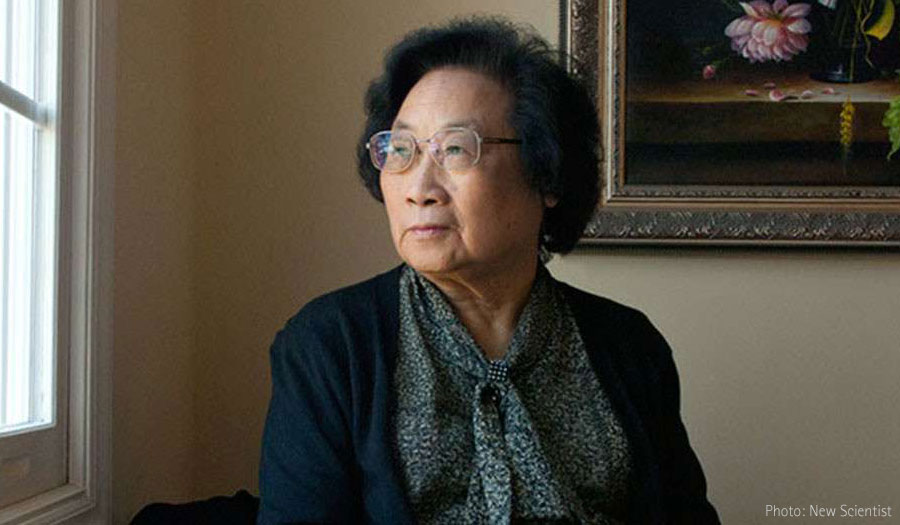Born in China in 1930, Tu Youyou was educated at private schools but was forced to take a two-year break from schooling when she contracted tuberculosis at 15. Her recovery from TB left her determined to pursue a career in medicine, graduating with a degree in Pharmacology in 1955.
In 1969 the Chinese government appointed her as head of research of Project 523, seeking a cure for malaria. During this time, her engineer husband was sent to be “re-educated” working as a peasant in a rural area, separating the couple from their two young daughters. Her children did not know Tu when she was finally able to see them after three years apart.
Scientists worldwide had screened over 240,000 compounds without success. After extensive research, Tu and her team discovered artemisinin and dihydroartemisinin to successfully treat malaria. This was a significant breakthrough in 20th century tropical medicine – saving millions of lives in the developing countries in South Asia, Africa, and South America.
Finally achieving recognition for her work, in 2015, Tu won a half-share of the Nobel Prize in Physiology or Medicine. Today she is the Chief Scientist in the Academy of Traditional Chinese Medical Sciences in Beijing.




